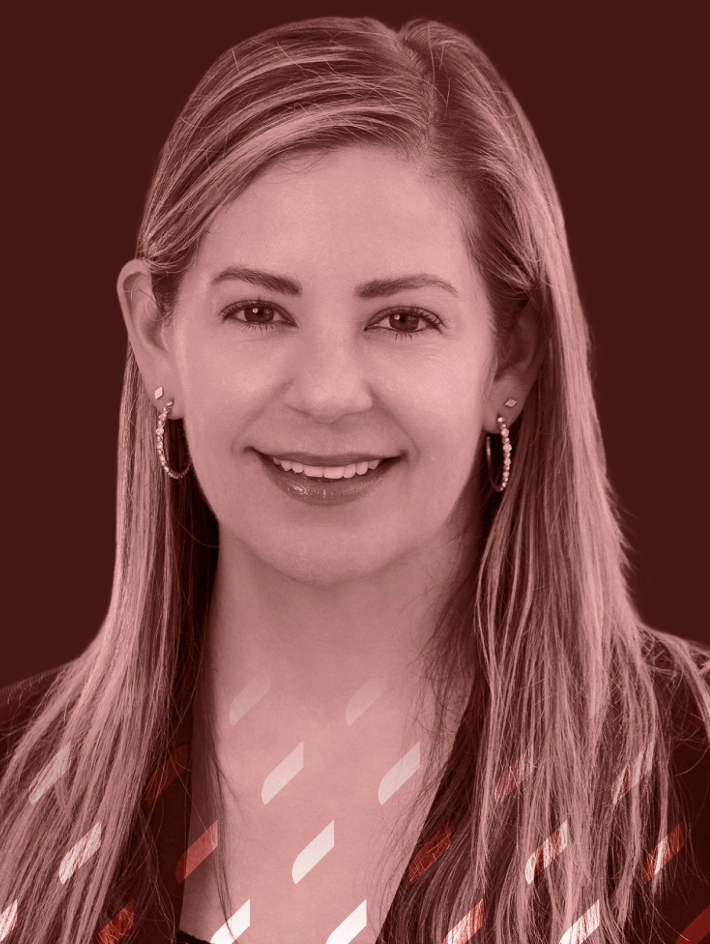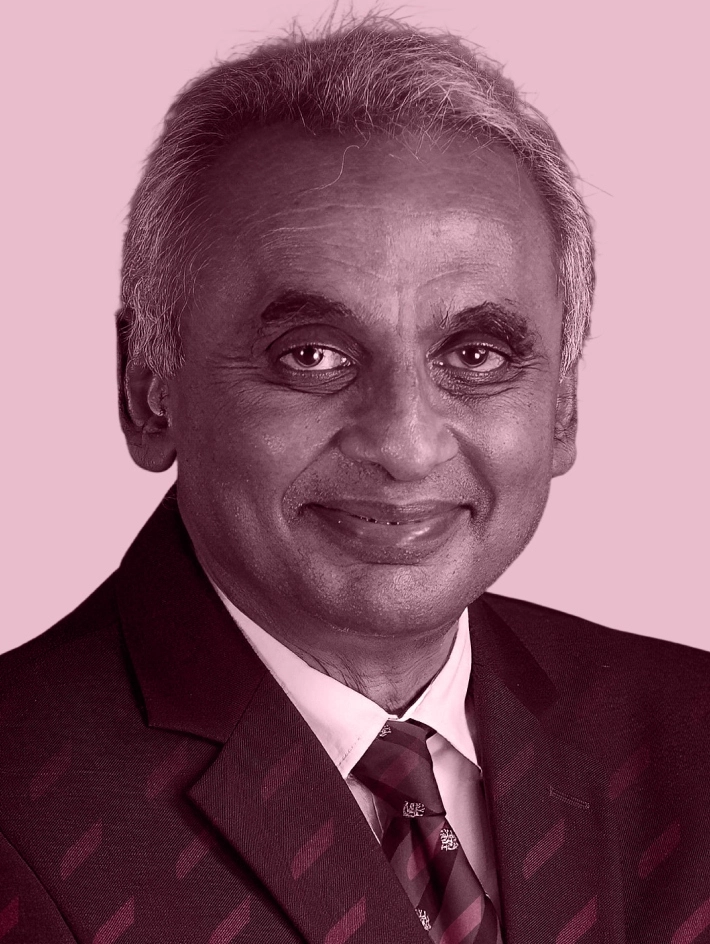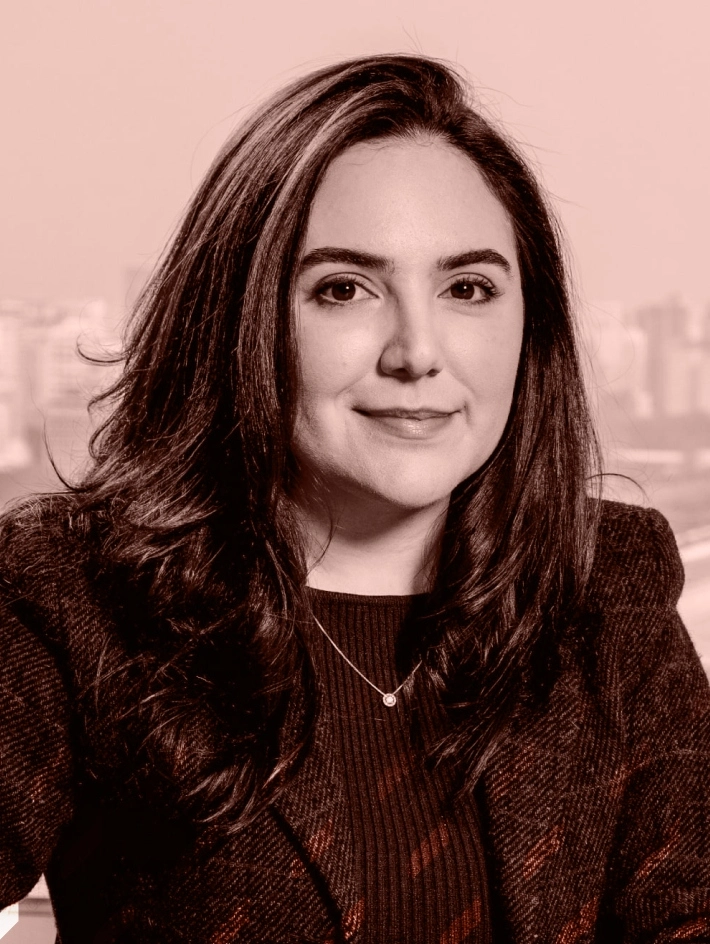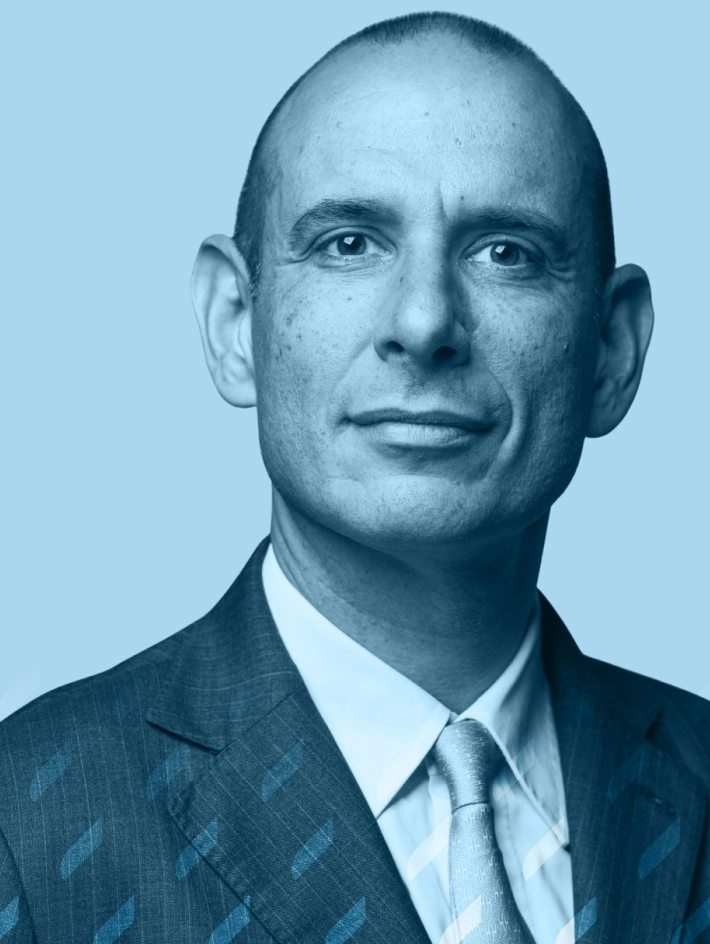What are your impressions after one year of membership in our network? Are you happy about the membership, and is there anything you would like to change?
Yoshi: Since we became members, this is the third time for me to attend a meeting – I was in Berlin, in Sydney and now here in Milan. We are very impressed with the family atmosphere, everybody knows and communicates with each other. Those are the kinds of relationships that we like to have with firms in other jurisdictions.
At the meetings we discuss very cutting edge topics and exchange our experiences in the practice groups sessions; all of that helps our firm, as we expend significant efforts working on cross-border issues for Japanese and other corporations.
We also see strong potential to be involved in more deals with other member firms. We’ve had inbound work from Australia, a case from one of the UK members and also recently a case from Tom Pinansky of Barun Law – he referred an American industrial firm with an office in Yokohama to us. We had also a referral from Hong Kong.
Robert: We have referred even more outwards. Recently we have referred clients to Barun Law, Carter Ledyard in New York, Buchanan Ingersoll & Rooney in Pittsburgh, our Sydney firm Piper Alderman and had a client referred to an IP lawyer by Christian Teo & Partners in Indonesia.
What is new with your firm? Is there any recent significant news you would like to mention?
Yoshi: Our firm is unique in that we incorporate an accounting firm and a consulting firm. Just recently we additionally established one more, that deals with tax issues.
Robert: Some growth areas include client work relating to the summer Olympics coming to Japan in 2020, and we expect this work to increase. Also casinos are expected to be introduced in Japan and we are involved in that as well. Another exciting development is services new to Japan whereby instead of using hotels people use apartments and instead of using taxis they can use cars driven by private individuals directly. It is a grey area and it is very interesting legally as to what kind of advice you give to the client. We are expecting more to come and we are heavily involved in some other exciting developing areas of Japanese law.
What are you personally working on now?
Yoshi: I am basically a litigator and work on cross-border cases in particular. For the last two or three years I was heavily involved in cases in the United States. Many Japanese clients are unfortunately involved in litigation cases in the United States, especially in relation to product liability. We began working on these cases before we joined Legalink and therefore our American counterparties for them are not members of Legalink. But we intend to explore having these kinds of relationships with Legalink member firms.
I am also involved in international arbitrations.
Robert: I have been involved recently in a couple of acquisitions. Carter Ledyard was involved in one of them. It was an acquisition of a school in New York. We are also working on a potential major hotel acquisition in the United States by a Japanese client.
I am also working on a couple of arbitration/ litigation cases. One involves a Japanese company and a distributor of its products in China, while the other involves a British shareholder of a Japanese firm.
Which practice areas are the most in demand in your firm?
Yoshi and Robert: M&A, international litigation and arbitration, investments and general corporate work.
Where do you think Legalink should be heading?
Yoshi: In the Asia regional meeting at the Sydney conference we discussed exchanges of young lawyers, as a part of their training. I think this kind of exchange could contribute a lot to our relationships. If this activity is successful within the Asia group, it could be extended throughout Legalink. I think we should not be too ambitious in terms of the length of internships so that they are not too difficult to implement; for example, three months is enough to provide significant experience to younger professionals. The exchanges should be easily workable. I hope this happens at Legalink. The second thing I would like to mention is that in Legalink the exchange of information between members about potential deals should be encouraged much more. For instance, we are always asking our Legalink colleagues to let us know about Japanese deals and related issues when we have opportunities to get in touch with them, and I was recently asked to deal with trademark issues by French organizations and a German corporation’s subsidiary asked me about corporate governance issues.
Robert: I think we should introduce a sort of “Legalink best practices” within firms in order to increase referrals out, which means getting everyone in the member firms to be aware of Legalink and to be aware about when there is a deal that can be referred out within Legalink, a partner heavily involved with Legalink should be contacted. Maybe something like an all firm email introducing Legalink, or a specific meeting that everyone would attend, where Legalink would be introduced. These meetings should take place every so often, as a law firm’s staffing changes over time. Also, we could make having such a meeting an express requirement for new member firms when they join Legalink, and require that they provide an attendance list from the meeting.
Yoshi: We have always maintained contact with law firms outside Japan, and these firms often ask us to hold joint seminars in Tokyo to promote both Uryu & Itoga and them. We are now Legalink members so if some of the Legalink members would like to hold joint seminars in Tokyo or other cities, we would be happy to assist and organize joint seminars under the Legalink umbrella. A special group could present something in Tokyo and elsewhere. Many Japanese corporations have expressed strong interest in markets in other countries, and each member firm has knowledge about local matters such as tax that are important to clients, so we should combine our skills and knowledge and offer them to clients.
Robert: Legalink has regional groupings now. But we could also investigate groupings where there is a strong possibility of referrals and working together, like for example Japan and America – that has strong potential for us in both directions. If we can determine the countries between which most Legalink referrals are made, we could focus efforts in areas where they are most likely to bear fruit.
What are your favorite things to do in your spare time?
Robert: Spending quality time with my two-year-old son, which primarily involves “lightsaber” pillow fights.
Yoshi: I am a proxy lawyer but at the same time I am also academician, so researching and writing articles is my favorite activity in my spare time.



